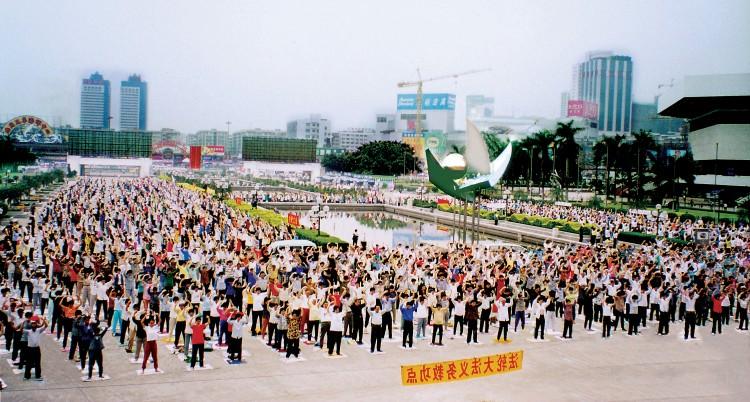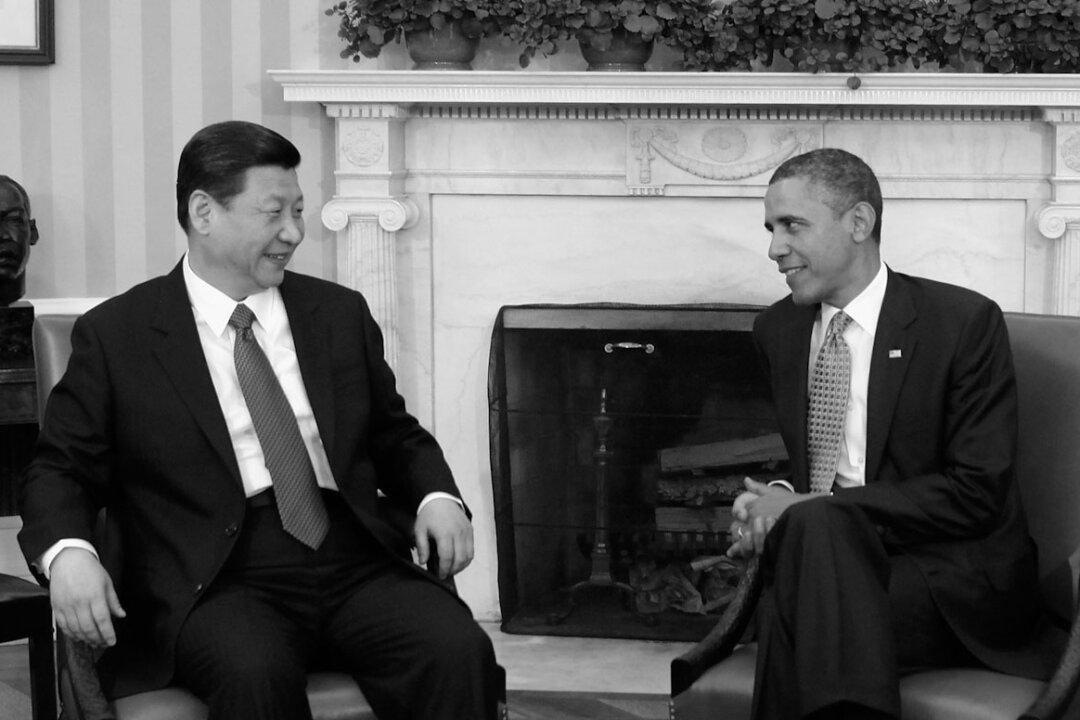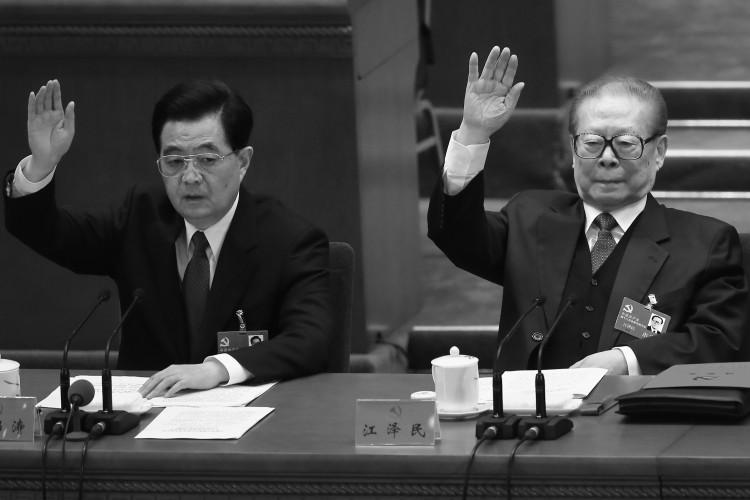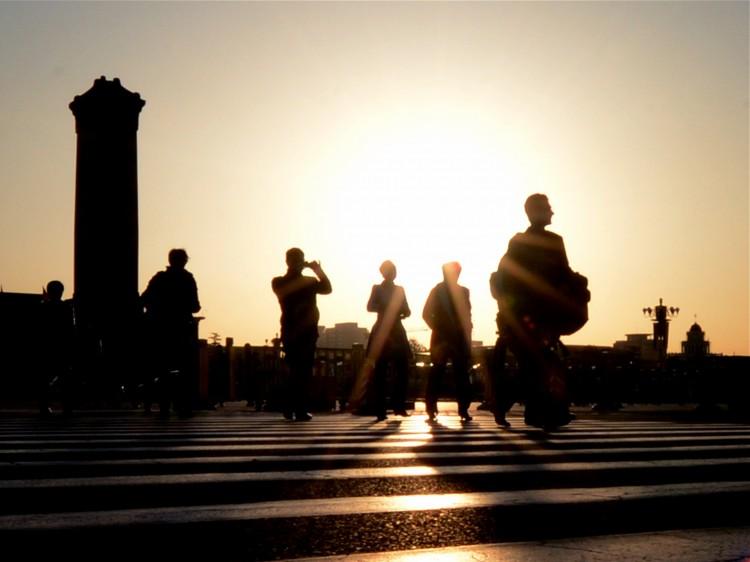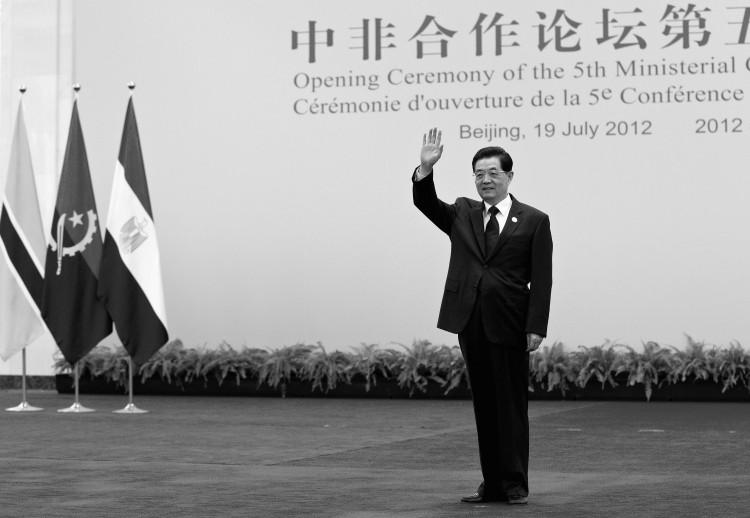In modern China under the rule of the Chinese Communist Party (CCP), the Chinese have suffered through several political campaigns.
The most recent of these is the persecution of Falun Gong, which is having a profound impact on the Chinese people, China, and the CCP. To understand this campaign, it is helpful to know a little bit about the history of the CCP’s rule.
The Chinese people gave their lives unstintingly in order to bring the CCP to power: The civil war took 1.6 million lives. Like anyone else around the world, the Chinese people have a strong desire to live and to live a dignified life. The CCP had promised them a democratic, prosperous, and free China.
Mao’s Campaigns
After taking advantage of the trust and hope the Chinese people had placed in the CCP, its leader, Mao Zedong, decided that he needed to hold onto power despite the people’s wishes or any consideration of the nation’s well-being. The Chinese people once again found themselves subjected to a tyranny.
During his lifetime, Mao launched several political campaigns to consolidate his personal power in the process of getting rid of any possible opposition.
His campaigns killed landlords, business owners, and religious leaders and followers. He then eliminated any intellectuals and his own Party cadres who dared to criticize him or his policies.
In order to get rid of his potential political rivals, Mao launched the notorious Great Cultural Revolution, which killed his two successors—and many others. Mao’s rule is estimated to have caused the deaths of between 40 million and 70 million people through starvation, forced labor, and execution.
Deng’s Massacre
When Mao died in 1976, the Chinese people began to put their hopes for a better life behind new leaders inside the Communist Party. In 1978 at the Democracy Wall, many students, intellectuals, and ordinary Chinese people risked their lives by putting up pro-democracy slogans and essays.
They were encouraged from some within the Party to do so in order to support Deng Xiaoping. After Deng began to consolidate power, the Wall was shut down and several dissidents imprisoned.
After Deng became the Party’s paramount leader, he indeed tried to be more reasonable and pragmatic than Mao had been. He started the process of economic reform with the maxim “let some people get rich first.”
Since the Communist Party controls everything China has, the “some people” who were favored ended up to being Communist Party leaders themselves and their family members and friends who work for them.
The corruption disappointed and angered the Chinese people who had trusted Deng. They decided to take to the streets again in April 1989 after the death of former Party leader and reformer Hu Yaobang.
The peaceful demonstration on Tiananmen Square by students, scholars, and people from all walks of life won sympathy and support from some in the state-run media and some leaders inside Chinese Communist Party, including the secretary general, Zhao Ziyang.
Fearing losing power, Deng, along with seven other veteran CCP leaders, decided to crack down on the demonstration with tanks and machine guns, allegedly killing thousands of demonstrators, most of them college students.
Zhao Ziyang was removed from his post and put under house arrest until his death. A general who refused to take orders to kill was jailed for years. Anyone who participated in the demonstration was punished, and those who contributed to the crackdown were rewarded and promoted.
Jiang’s Obsession
Because of his strong stand in Shanghai against student pro-democracy movements, Jiang Zemin became the choice of the veteran CCP leaders to replace the ousted Zhao Ziyang. They thought Jiang would be loyal to the Party.
Jiang became the new Party chief while Deng was on his case all the time regarding his performance. Deng also placed some of his favorites around Jiang to keep him in check.
Jiang was very insecure about his authority and power. He played a few tricks to mislead Deng and get rid of Deng’s long-time political allies, General Yang Shangkun and his brother, Yang Baibing. Jiang also put the Party Chief of Beijing, Chen Xitong into jail on charges of corruption.
In spite of these moves to bolster his power, though, Jiang found he was still much less popular than some of his fellow members in the Politburo Standing Committee. He needed an opportunity to establish his absolute power, which Party leaders had always done through political campaigns.
Who should be the target this time? Jiang found one: Falun Gong. The spiritual discipline seemed to Jiang to be the perfect target.
Falun Gong was very popular, too popular for Jiang’s liking.
After the Tiananmen Square massacre, the Chinese people lost hope in political engagement. Some threw themselves into making money. Others simply turned their attention to their families and their private lives, wanting to stay out of trouble.
When the founder of Falun Gong, Mr. Li Hongzhi, introduced this spiritual discipline, it immediately touched a chord in the Chinese people who recognized it as reviving a traditional Chinese approach to life. Falun Gong taught them to live according to the principles of truthfulness, compassion, and tolerance and to do meditative exercises, achieving physical, emotional, and spiritual health.
The Chinese people found that Falun Gong helped reduce stress, improve relationships, and stop addictions. By the time Jiang Zemin took public notice of Falun Gong in 1999, from 70 million to 100 million people in mainland China were practicing it. They were from all walks of life, and among them were Party members, government officials, military officers, and family members of Communist Party leaders at all levels.
In a letter Jiang sent to top Party leaders on the night of April 25, 1999, he blamed Falun Gong for taking away followers from the CCP.
Other top leaders, like Premier Zhu Rongji and Qiao Shi (then the president of the People’s Congress), openly supported the Chinese people’s right to practice Falun Gong. Li Ruihuan, the chairman of the Political Consultative Committee, was himself reported to practice Falun Gong.
This support within the Party for Falun Gong actually looked like an opportunity to Jiang. He figured that by suppressing Falun Gong, he could show his power and force Party officials to obey his authority.
In the April 25 letter, Jiang claimed that a political mastermind and Western anti-China forces were behind the Falun Gong practice. Everyone familiar with the Party’s stereotypical language knew this was a declaration of a new power struggle.
In July 1999, Jiang launched a national and international campaign aiming to eradicate Falun Gong within three months.
Like Mao and Deng before him, Jiang wanted to use a political campaign to find out who were his allies and who were his enemies.
Indeed, through his campaign against Falun Gong, Jiang was able to control and expand the domestic security forces. The Armed Police grew to be 1 million strong, bigger than most nation’s armies. The domestic security forces were made loyal only to him and his protégé Zhou Yongkang.
Jiang was also able to make all his political rivals retire, replacing them with his allies.
However, even as Jiang’s power grew, he underestimated the resistance from Falun Gong practitioners. Courageous, persistent, compassionate, and peaceful, practitioners would not give up their practice. Jiang’s three-month campaign became a war that he could not win.
Nonetheless, Jiang escalated the persecution. In the past 13 years, thousands of practitioners have died from torture and abuse; tens of thousands have died from having their organs taken for transplantation; and millions have been detained, brainwashed, and tortured. Once again, the Chinese people are living through the horror of a CCP political campaign.
The Falun Gong issue provides a unique lens for viewing today’s China and the direction China will take. Jiang and his followers have found themselves riding on the back of tiger with no way to get off. The CCP now must try to find a way to free itself from Jiang’s legacy without destroying itself.
Jiang’s obsession with Falun Gong has become the theme of China’s major political drama.
Michael Young, a Chinese-American writer based in Washington, D.C., writes on China and the Sino-U.S. relationship.
